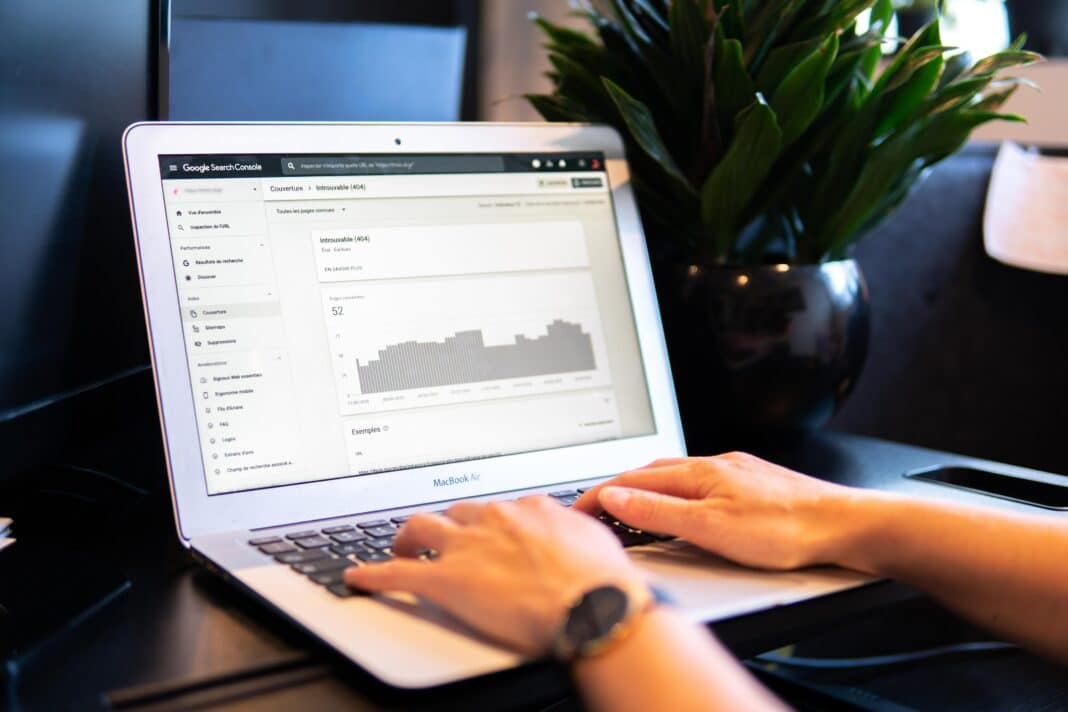In the world of SEO, where every link you make and every link that points to your website matters.
Linking plays a pivotal role in determining your website’s ranking and authority on search engine results pages. The question that often arises is, “What matters more for SEO: internal linking or external linking?”
Many people have their own opinions on this debate. But, the way to settle is to do your own research. This means investigating internal linking and why it matters, as well as why external linking is essential. Let’s break it down and find out.
Internal linking: Foundation of on-site SEO
So, what exactly is internal linking? Well, it’s like the secret sauce of on-site SEO. Internal links are the links within your website, connecting one page to another. Their primary purpose is to facilitate navigation, distribute link equity, and provide valuable information to both users and search engines. Consider them as the signposts that guide both users and search engine crawlers through your website’s intricate maze.
SEO benefits of internal linking
First and foremost, it makes your website more accessible to search engine crawlers, ensuring that every nook and cranny of your content gets noticed. This leads to a higher likelihood of your pages ranking on search engine results pages (SERPs).
But it’s not just about search engines. Proper internal linking also enhances the user experience. They guide visitors to related content, which keeps them engaged and reduces bounce rates. By making navigation smoother, you encourage users to explore more of your site, increasing the time they spend on it.
External linking: The SEO landscape beyond your website
External linking is often referred to as backlinking. External links are those that point from other websites to your site. They serve as endorsements, essentially vouching for the credibility and authority of your content.
Think of external links as references on your resume. The more reputable references you have, the more attractive you appear to potential employers. In the SEO world, the “employers” are search engines, and the “references” are backlinks.
SEO benefits of external linking
External linking has a significant impact on your website’s search engine rankings. Quality backlinks, especially from authoritative and relevant websites, can give your site a boost in terms of visibility and credibility. Search engines see these backlinks as a vote of confidence in your content.
High-quality external links can help you establish authority and trust within your niche. They tell search engines that your content is reliable, informative, and worth ranking higher in search results. This, in turn, can lead to increased organic traffic.
The debate: internal vs. external linking
Now, let’s address the million-dollar question: which matters more, internal or external linking? The answer isn’t black and white. It’s a debate that’s been ongoing for years, with compelling arguments on both sides.
Proponents of internal linking argue that it’s within your control, and it directly improves user experience. On the other hand, external linking enthusiasts point to the power of authoritative backlinks in boosting your site’s visibility and credibility.
The balance between internal and external links
The real key is balance. Successful SEO strategies often involve both internal and external linking. Internal links create a seamless user experience and improve on-site SEO, while external links enhance your site’s authority in the eyes of search engines.
Consider this balance as the yin and yang of SEO. One complements the other, creating a harmonious SEO ecosystem that propels your website upward on the SERPs.
What your SEO strategy could look like
If you’ve decided to take the balanced approach, you might debate what your SEO strategy should look like. Well, here are some practices you can consider using in order to boost the visibility of your website on the internet.
Relevant is essential when it comes to internal linking. You shouldn’t just create random hyperlinks. You need to sit down and think about the navigation you want your site to take. This is something that’s crucial for user experience and helping search engines. Therefore, link pages that relate to each other. You also want to think about the anchor text used. It should also be relevant, avoiding generic phrases.
Next is external linking. While it’s easy to think that the more external links you have, the better your website will do on the internet. This isn’t the approach you want to go for. There should be a concentration on quality. Research and find reputable websites that you want to link to you.
Try to build relationships so that your backlinks are natural and beneficial. Don’t forget that you want to create high-quality content too. While it won’t feature on your site, this can help you connect with others and ensure people visit your website.
Consistency in approach
Being impatient with SEO results is common. But, you have to remember that patience is the key to success. It can take months of hard work and consistency to improve your rankings on popular search engines. After all, other sites are doing the same thing. Remain committed to your strategy, and you’ll see the results you wish for.
Conclusion
In the end, it’s not about internal vs. external linking; it’s about understanding their respective roles and using them strategically. A successful SEO strategy includes both, as they are interconnected and essential for SEO success.
The key is to focus on quality. Create valuable content, enhance user experience with internal links, and build relationships to earn authoritative backlinks. Remember, a balanced approach to both internal and external linking is the path to SEO greatness.





